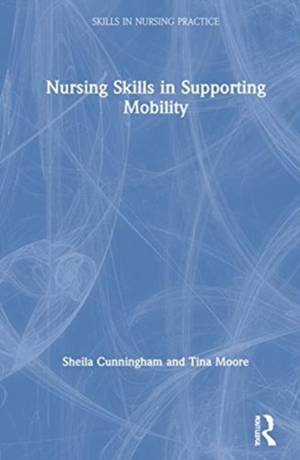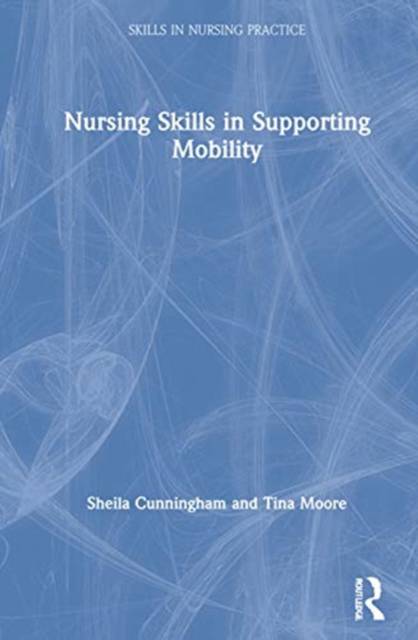
- Afhalen na 1 uur in een winkel met voorraad
- Gratis thuislevering in België vanaf € 30
- Ruim aanbod met 7 miljoen producten
- Afhalen na 1 uur in een winkel met voorraad
- Gratis thuislevering in België vanaf € 30
- Ruim aanbod met 7 miljoen producten
Omschrijving
The ability to move easily and purposively contributes enormously to a sense of health and wellbeing, enabling increased independence and selfprotection. However, many of the patients you encounter will have some degree of immobility whether it is temporary (for instance, due to local anaesthesia), permanent (for instance, due to amputation or stroke) or variable (for instance, due to arthritis or morbid obesity). This practical pocket guide covers:
- the anatomy and physiology of the musculoskeletal system
- the principles of ergonomics
- safe moving and handling practices
- positioning the patient
- performing a range of movement exercises
- legal aspects of moving and handling
- the promotion of sleep.
This competency-based text covers relevant key concepts, anatomy and physiology, lifespan matters, assessment and nursing skills. To support your learning, it also includes learning outcomes, concept map summaries, activities, questions and scenarios with sample answers and critical reflection thinking points.
Quick and easy to reference, this short, clinically-focused guide is ideal for use on placements or for revision. It is suitable for pre-registration nurses, students on the nursing associate programme and newly qualified nurses.
Specificaties
Betrokkenen
- Auteur(s):
- Uitgeverij:
Inhoud
- Aantal bladzijden:
- 76
- Taal:
- Engels
- Reeks:
Eigenschappen
- Productcode (EAN):
- 9781138479524
- Verschijningsdatum:
- 25/05/2021
- Uitvoering:
- Hardcover
- Formaat:
- Genaaid
- Afmetingen:
- 140 mm x 216 mm
- Gewicht:
- 285 g

Alleen bij Standaard Boekhandel
Beoordelingen
We publiceren alleen reviews die voldoen aan de voorwaarden voor reviews. Bekijk onze voorwaarden voor reviews.











